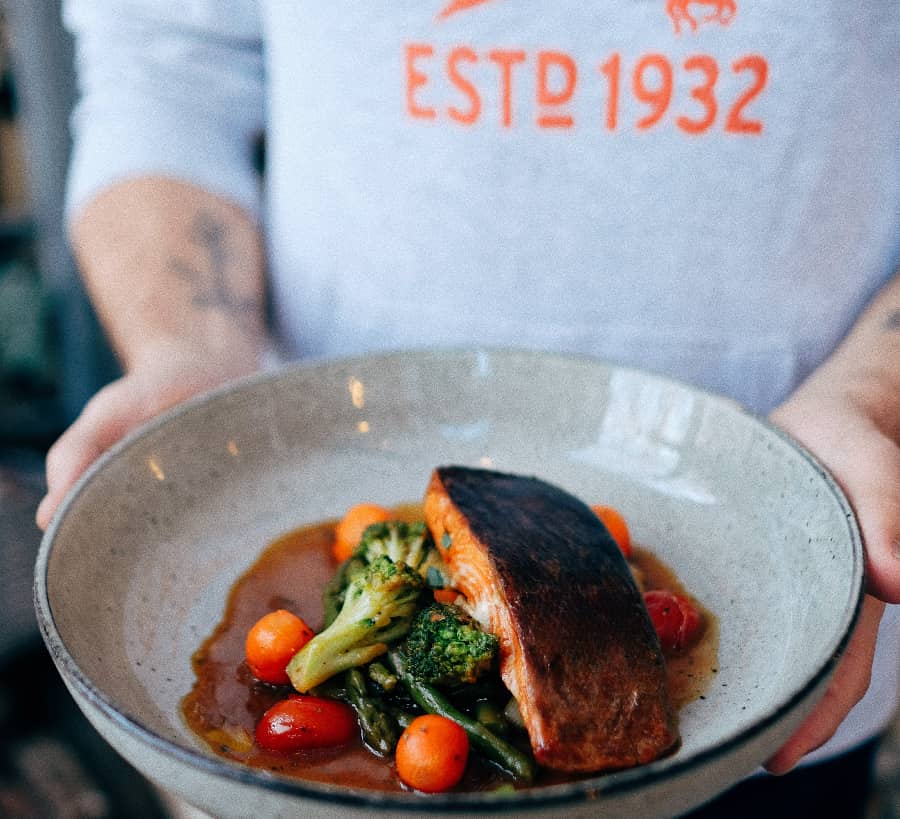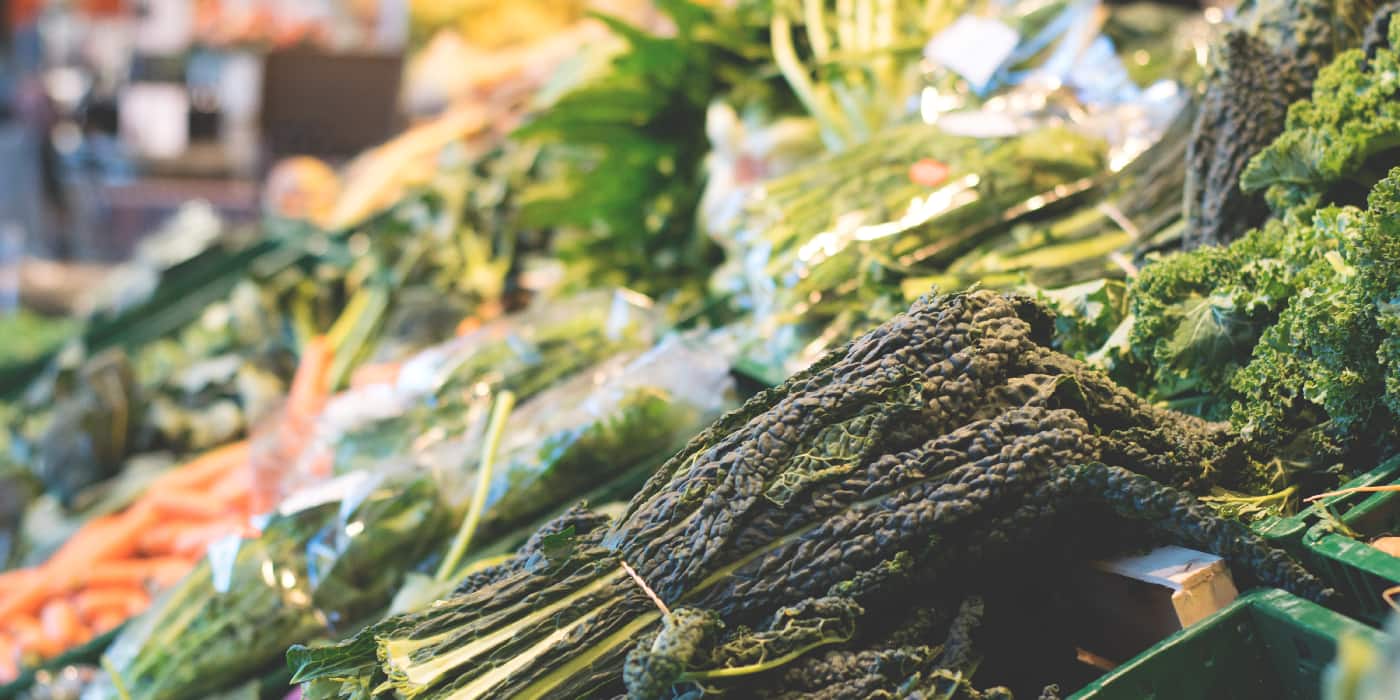Let’s talk a little about the role nutrition plays in healthy recovery. We always say, “You are what you eat,” and in recovery, this couldn’t be more true. Also, recovery is mor than just abstaining from something. It’s about choosing life over death. It’s about making real changes that effect our whole lives. Our eating habits are one of those places we can make changes that are on par with the decisions we are making about substances.
So, let’s take a little detour into the world of recovery nutrition, and how the two are intertwined.
Why Nutrition Matters in Recovery
Our body is like a stove: it works best when it’s fed the right kind of fuel. During addiction, many people neglect their nutritional needs. Alcohol and drugs can suppress appetite, lead to poor food choices, and even interfere with the body’s ability to absorb nutrients. And get this: according to the National Institute on Drug Abuse, malnutrition and weight loss can be widespread among those with substance use disorders.
But when we talk about addiction treatment at EagleCrest Recovery, the journey is not just about breaking free from addiction—it’s also about rebuilding a healthier life, from the inside out. And that starts with what’s on our plate.

Addiction’s Impact on Nutrition
- Malnourishment: Substance abuse often results in poor eating habits and nutrient absorption. Alcohol, for instance, can interfere with the body’s ability to absorb vitamins and minerals, leading to deficiencies.
- Organ Damage: Substances such as alcohol can damage the liver, affecting the body’s ability to process and use nutrients effectively.
- Altered Metabolism: Stimulants like cocaine and methamphetamine increase metabolism and suppress appetite, leading to weight loss and nutrient deficiencies.
Nutrition’s Role in Recovery
- Bring Back the Good Stuff: Kick-starting recovery means saying hello again to all those essential nutrients that took a backseat during addiction. We’re bringing back Vitamins, Minerals, and Amino Acids to support your body and life.
- Gut-Loving Grub: Addiction has been crashing your gut biome, so let’s set out a buffet of fiber, prebiotics, and probiotics to bring back the balance.
- Mood-Boosting: Bring on the Omega-3s and complex carbs. Why? They’re like the feel-good food for our brain, setting the tone for happier days.
- Craving Crushers: Steady blood sugar is the secret ingredient to ward off cravings. Regular meals packed with a mix of protein, fats, and complex carbs? That’s our recipe for success.
Recommendations for Overall Nutritional Goodness
- Stay Hydrated: Think refreshing water, herbal teas, and vibrant, nutrient-packed smoothies.
- Protein Power: Dive into lean meats, fish, eggs, and beans. They’re like the power boosters for our brain and muscles.
- Fats that Make Us Feel Great: Fish, flaxseed, and walnuts? These are the brain-boosting superstars.
- Grains: Oats, brown rice, and quinoa are like the confetti in our daily nutritional parade, giving us energy and keeping mood swings at bay.
- Nature’s Candy: Fresh fruits and veggies? They’re the vibrant, vitamin-packed and taste like dessert at any time of the day.
- Less Sugar, More Spice: Reduce the sugar and processed foods. Let’s keep our meals zesty and our blood sugar steady.
Nutritional Rebuilding: Step by Step
- Regaining Lost Nutrients: In the early days of recovery, it’s all about regaining those nutrients that have been lost. We’re talking about vitamins like B1, B3, B5, B6, and B12, as well as minerals like magnesium and calcium. A balanced plate is your ticket to a healthier you.
- Balancing Blood Sugar: Frequent drug or alcohol use can wreak havoc on your blood sugar levels. Consuming regular meals full of complex carbs, protein, and healthy fats is like giving your body the love it’s been craving.
- Boosting Brain Function: Omega-3 fatty acids, found in fish like salmon, flaxseeds, and walnuts, are your brain’s best buddies. They can improve mood and help with cognitive functions, essential for those in recovery.
- Optimal Hydration: Here’s a jaw-dropping stat for you: dehydration can sometimes mimic the feelings of withdrawal or cravings! Drink up that H2O, folks.
Facts & Stats
- Emotional Eating: According to a study published in Frontiers in Psychology, emotional eating can be a coping strategy for some people in recovery. Recognizing this and shifting to healthier food choices can be transformative.
- Mood Boosters: Foods rich in tryptophan, like turkey, can increase serotonin levels. Serotonin is a neurotransmitter that affects mood, sleep, and appetite. Who knew Thanksgiving had a hidden benefit?
- Mindful Munching: A study in the journal “Mindfulness” found that practicing mindful eating—where you pay full attention to the experience of eating and drinking—can reduce impulsive food choices and improve emotional well-being. So, savor every bite.
Healthy Addiction Treatment Recovery Recipes
- Omega-3 Packed Salmon Salad
- Ingredients:
- 4 salmon fillets
- Mixed greens (spinach, arugula, kale)
- Cherry tomatoes, halved
- 1 avocado, sliced
- ¼ cup walnuts, roughly chopped
- Olive oil, lemon juice, salt, and pepper for dressing
- Ingredients:
Instructions:
-
-
- Season salmon fillets with salt and pepper. In a skillet, sear each side for 3-4 minutes or until cooked to your liking.
- In a large bowl, toss mixed greens, cherry tomatoes, avocado, and walnuts.
- Top with the grilled salmon fillet and drizzle with a mix of olive oil and lemon juice.
-
- Hydration-Boosting Cucumber Melon Smoothie
- Ingredients:
- 1 cup honeydew melon, cubed
- ½ cucumber, peeled and sliced
- 1 cup coconut water
- A handful of fresh mint leaves
- Ice cubes (optional)
- Instructions:
- Ingredients:
-
-
- Blend all the ingredients together until smooth.
- Pour into a glass, garnish with a sprig of mint, and enjoy a refreshing, hydrating treat!
-
Wrapping Up Nutrition and Addiction Recovery
Nutrition isn’t just about the body—it’s about nourishing the mind, spirit, and soul, especially during recovery. So, whether you’re on a journey to recovery or supporting a loved one, remember, food can be a potent tool.
And EagleCrest Recovery is here every step of the way, ensuring that every individual has the nutritional foundation they need. If you want more information about addiction treatment nutrition or have questions about addiction treatment in Benton County, Arkansas, call us today: (844) 439-7627.


